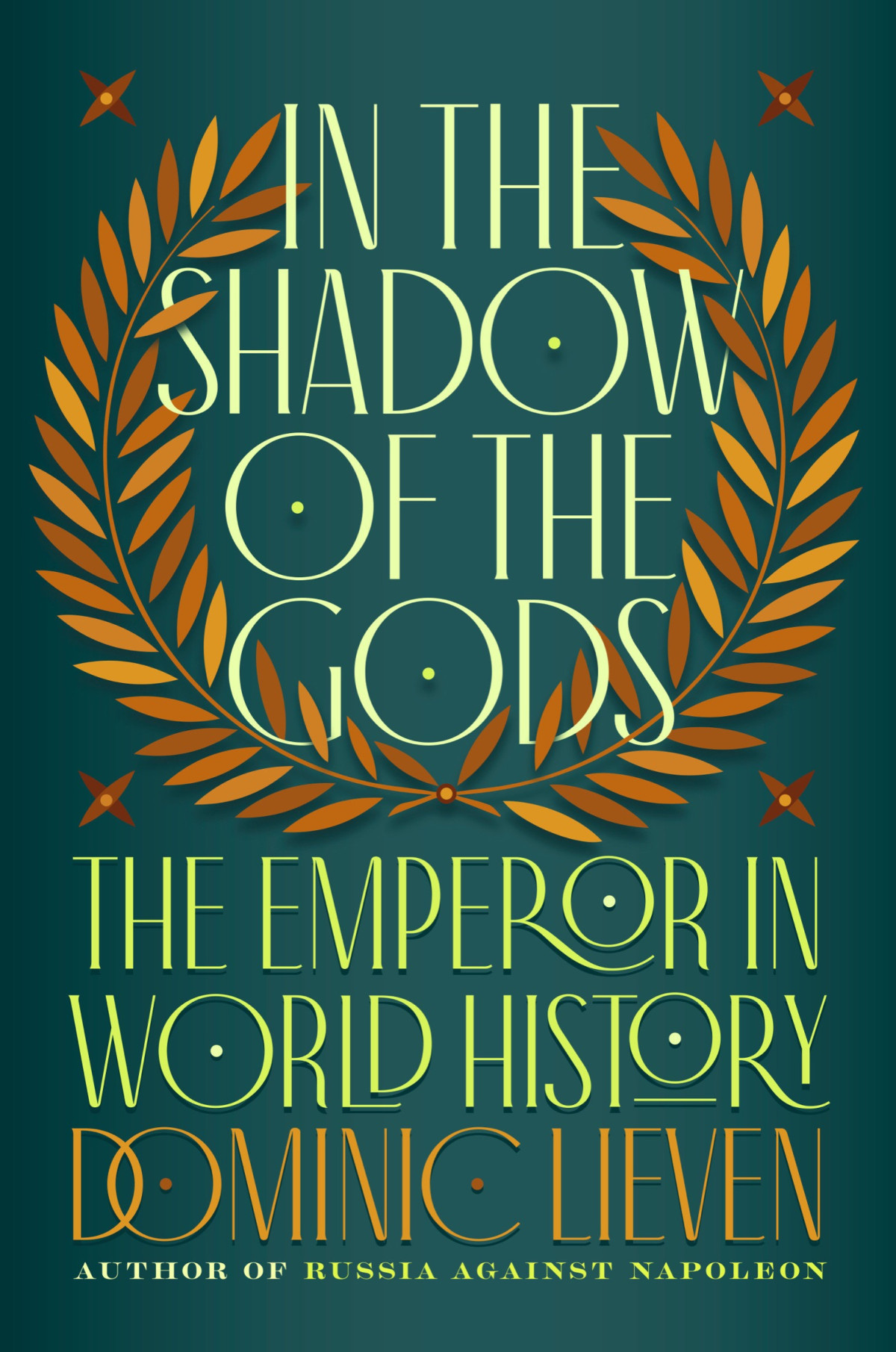

Most ebook files are in PDF format, so you can easily read them using various software such as Foxit Reader or directly on the Google Chrome browser.
Some ebook files are released by publishers in other formats such as .awz, .mobi, .epub, .fb2, etc. You may need to install specific software to read these formats on mobile/PC, such as Calibre.
Please read the tutorial at this link: https://ebookbell.com/faq
We offer FREE conversion to the popular formats you request; however, this may take some time. Therefore, right after payment, please email us, and we will try to provide the service as quickly as possible.
For some exceptional file formats or broken links (if any), please refrain from opening any disputes. Instead, email us first, and we will try to assist within a maximum of 6 hours.
EbookBell Team

4.4
22 reviewsFrom the rise of Sargon of Akkad, who in the third millennium BCE ruled what is now Iraq and Syria, to the collapse of the great European empires in the twentieth century, the empire has been the dominant form of power in history. Dominic Lieven’s expansive book explores strengths and failings of the human beings who held those empires together (or let them crumble). He projects the power, terror, magnificence, and confidence of imperial monarchy, tracking what they had in common as well as what made some rise to glory and others fail spectacularly, and at what price each destiny was reached.
Lieven’s characters—Constantine, Chinggis Khan, Trajan, Suleyman, Hadrian, Louis XIV, Maria Theresa, Peter the Great, Queen Victoria, and dozens more—come alive with color, energy, and detail: their upbringings, their loves, their crucial spouses, their dreadful children. They illustrate how politics and government are a gruelling business: a ruler needed stamina, mental and physical toughness, and self-confidence. He or she needed the sound judgement of problems and people which is partly innate but also the product of education and experience. A good brain was essential for setting priorities, weighing conflicting advice, and matching ends to needs. A diplomatically astute marriage was often even more essential.
Emperors (and the rare empresses) could be sacred symbols, warrior kings, political leaders, chief executive officers of the government machine, heads of a family, and impresarios directing the many elements of "soft power" essential to any regime’s survival. What was it like to live and work in such an extraordinary role? What qualities did it take to perform this role successfully? Lieven traces the shifting balance among these elements across eras that encompass a staggering array
…